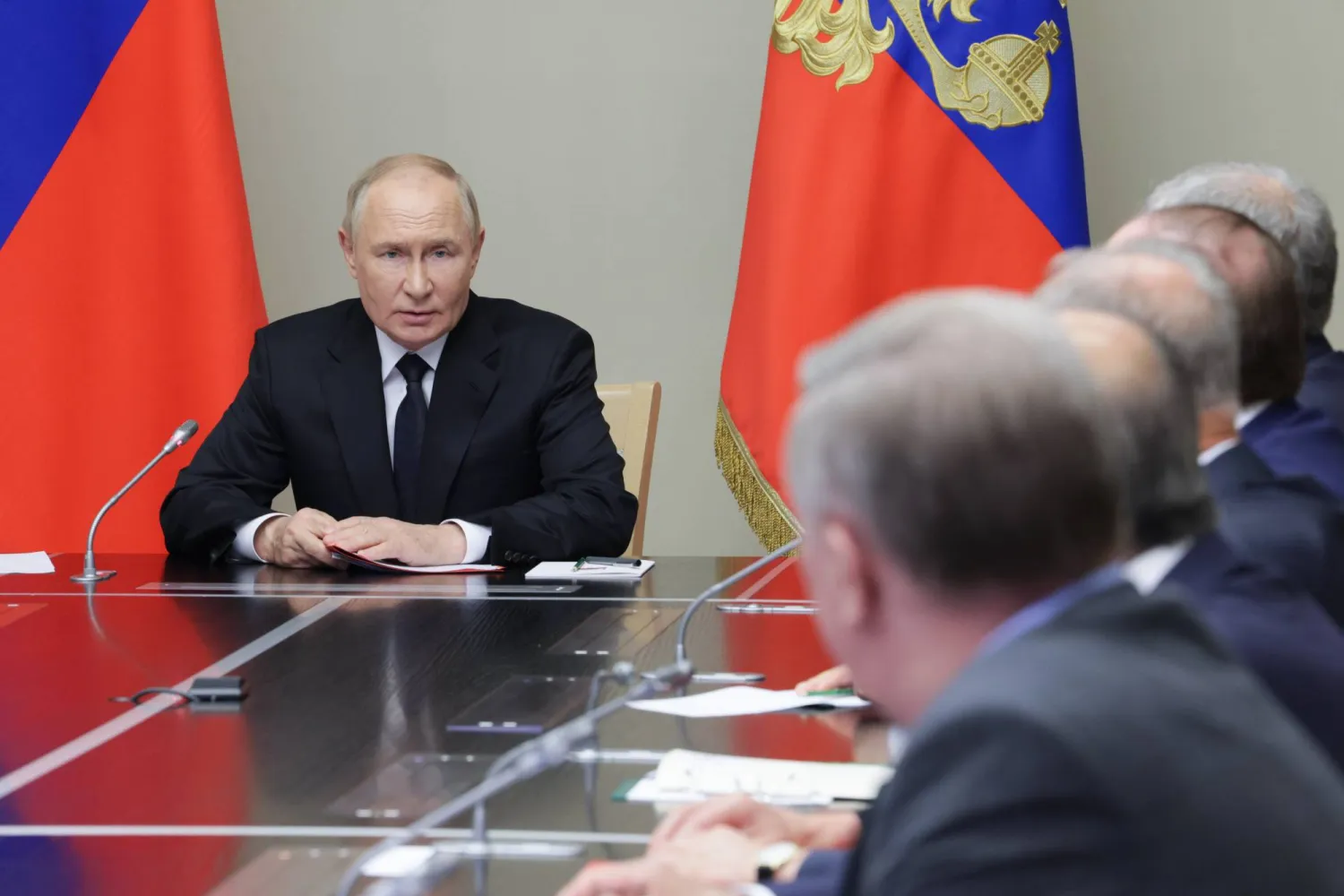Economic sanctions imposed by the West on Russia will remain in place for decades, even if there is a peaceful settlement in Ukraine, a senior Russian foreign ministry official said on Friday.
Russia became the most sanctioned country by the West after its invasion of Ukraine in February 2022, surpassing Iran and North Korea. Despite the pressure, Russia's economy grew by 4.7% in the first half of this year.
"This is a story for decades to come. Whatever the developments and results of a peaceful settlement in Ukraine, it is, in fact, only a pretext," said Dmitry Birichevsky, head of the economic cooperation department at the foreign ministry.
"The sanctions were first introduced much earlier. Their ultimate goal is unfair competition," he told a discussion forum in Moscow, according to Reuters.
The panel, entitled "Sanctions against Russia - forward into infinity?" was part of a wider debate in Russian politics and business about whether Moscow should work towards an easing of sanctions or accept them as a long-term reality and learn to work around them.
Russian President Vladimir Putin has said the removal of all sanctions imposed on Russia would be among his conditions for peace. Many Russian businessmen are privately unhappy about the sanctions but fear losing their wealth if they antagonize Putin or top military and intelligence officials during wartime.
Last week, billionaire Oleg Deripaska faced a backlash from hawks after making a rare anti-war statement, describing the conflict as "mad" and calling for a ceasefire without preconditions.
Birichevsky said sanctions had some benefits, forcing Russia to restructure its economy and produce more value-added goods that were previously imported from Western countries.
"In the 1990s, we thought that if we had oil and gas, we could buy everything else abroad. Now we cannot buy that," he said.
He warned that the "sanctions spiral" would continue to inflict more pain, as Western regulators target sectors that are not yet sanctioned.
Western officials have exerted pressure on Russia's trade partners, threatening to cut off their access to Western markets if they cooperated with Russia, Birichevsky added.
He said Moscow was sharing strategies with other sanctioned countries such as Iran, North Korea, and Venezuela, aiming to create an international "anti-sanction" coalition to jointly resist Western pressure.
Russia Readies for ‘Decades’ under Western Sanctions

Russian President Vladimir Putin (L) chairs a meeting with members of the Security Council at the Novo-Ogaryovo state residence, outside Moscow, Russia, 16 August 2024. EPA/ALEKSEY BABUSHKIN/SPUTNIK/KREMLIN

Russia Readies for ‘Decades’ under Western Sanctions

Russian President Vladimir Putin (L) chairs a meeting with members of the Security Council at the Novo-Ogaryovo state residence, outside Moscow, Russia, 16 August 2024. EPA/ALEKSEY BABUSHKIN/SPUTNIK/KREMLIN
لم تشترك بعد
انشئ حساباً خاصاً بك لتحصل على أخبار مخصصة لك ولتتمتع بخاصية حفظ المقالات وتتلقى نشراتنا البريدية المتنوعة







